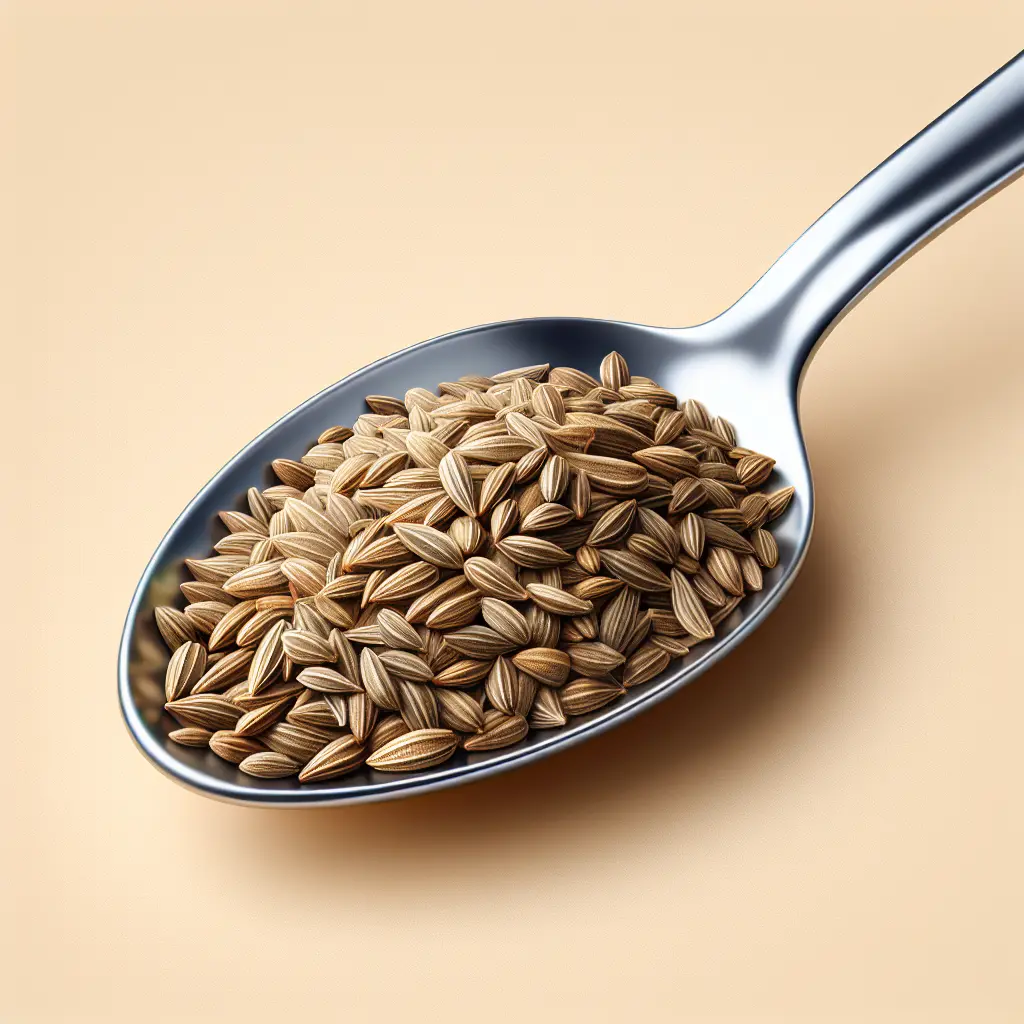Cumin: An Overview
Cumin is a spice made from the dried seeds of the Cuminum cyminum plant. It has a warm, earthy flavour and a slightly bitter taste. Cumin is native to the Middle East and North Africa, but is now grown worldwide.
In the culinary world, cumin is a versatile spice used in a wide variety of dishes. It is a key ingredient in many Middle Eastern, Indian, and Mexican cuisines. Cumin's warm and earthy flavour pairs well with meats, vegetables, and legumes.
Cumin is also valued for its medicinal properties. It is a rich source of antioxidants, which can help protect the body from damage caused by free radicals. Cumin also contains several essential vitamins and minerals, including iron, manganese, and potassium. Additionally, cumin possesses anti-inflammatory properties, making it a potential aid for conditions such as arthritis and inflammatory bowel disease.
Culinary Uses of Cumin
Cumin is a versatile spice that can be used in a variety of culinary applications. Here are a few suggestions:
- Add cumin to spice rubs for grilled meats or poultry.
- Use cumin in marinades for vegetables or tofu.
- Sprinkle cumin over roasted vegetables for a flavourful twist.
- Add cumin to soups, stews, and curries for a warm and earthy flavour.
- Use cumin in spice blends for homemade spice mixtures.
Potential Health Benefits of Cumin
Cumin has been used in traditional medicine for centuries to treat a variety of ailments. Modern research has provided some evidence to support these traditional uses, suggesting that cumin may offer several potential health benefits:
Antioxidant properties: Cumin is a rich source of antioxidants, which can help protect the body from damage caused by free radicals. Free radicals are unstable molecules that can damage cells and contribute to the development of chronic diseases such as cancer and heart disease.
Anti-inflammatory properties: Cumin possesses anti-inflammatory properties, which may make it beneficial for conditions such as arthritis and inflammatory bowel disease. Inflammation is a natural response to injury or infection, but chronic inflammation can damage tissues and contribute to disease.
Improved digestion: Cumin may help to improve digestion by stimulating the production of digestive enzymes. This can help to relieve symptoms such as gas, bloating, and indigestion.
Reduced cholesterol levels: Some studies have suggested that cumin may help to lower cholesterol levels. This is thought to be due to cumin's ability to inhibit the absorption of cholesterol in the gut.
Conclusion
Cumin is a versatile spice with many culinary and medicinal uses. It is a rich source of antioxidants, contains essential vitamins and minerals, and possesses anti-inflammatory properties. Adding cumin to your diet can not only enhance the flavour of your dishes, but may also provide various health benefits.
How many calories are in Cumin?
Each 1 tsp, whole of Cumin contains 7.9 calories.
Cumin Nutritional Information
| Nutrient | Amount per 1 tsp, whole (2.1g) |
|---|---|
| Calories | 7.9 Calories |
| Protein | 0.4g |
| Fat | 0.5g |
| Saturated Fat | 0g |
| Cholesterol | 0mg |
| Carbohydrates | 0.9g |
| Dietary Fiber | 0.2g |
| Sugar | 0.1g |
| Sodium | 0.0035mg |
| Potassium | 0.0375mg |
| Calcium | 0.02mg |
| Iron | 0.0014mg |
